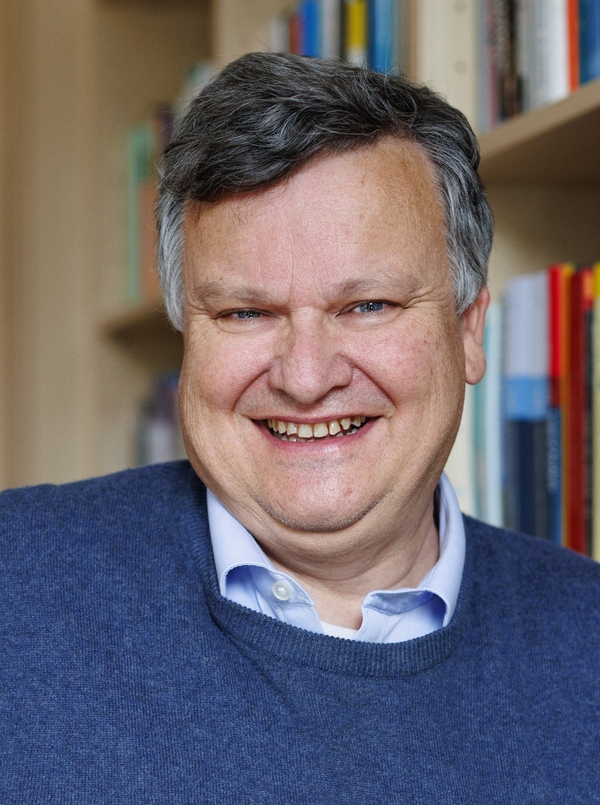Tom Henzinger Group
Tom Henzinger’s group is interested in mathematical methods for improving the quality of software. More and more aspects of our lives are controlled by software and over 90% of the computing power is in places you wouldn’t expect, such as cell phones, kitchen appliances, and pacemakers. Computer software has, at the same time, become one of the most complicated artifacts produced by man. It is therefore unavoidable that software contains errors and vulnerabilities, and preventing and fixing software bugs is a major technological challenge.

List of research topics includes:
- Analysis and synthesis of concurrent software
- Quantitative modeling and verification of reactive systems
- Predictability and robustness for real-time and embedded systems
- Model checking biochemical reaction networks
- Formal methods for neural networks
- Formal methods for quantum computation
- Run-time verification
If you are interested in pursuing a doctoral degree or postdoc in our group, please contact us. The application procedure for graduate students is described at the PhD admission page.













